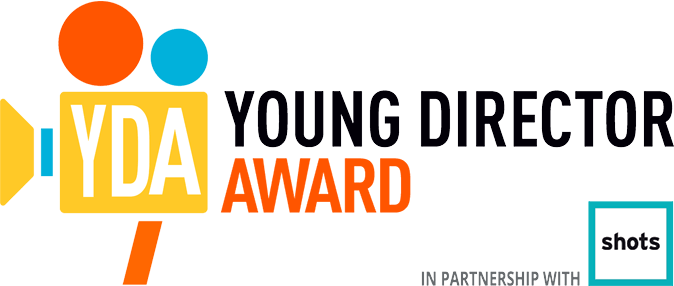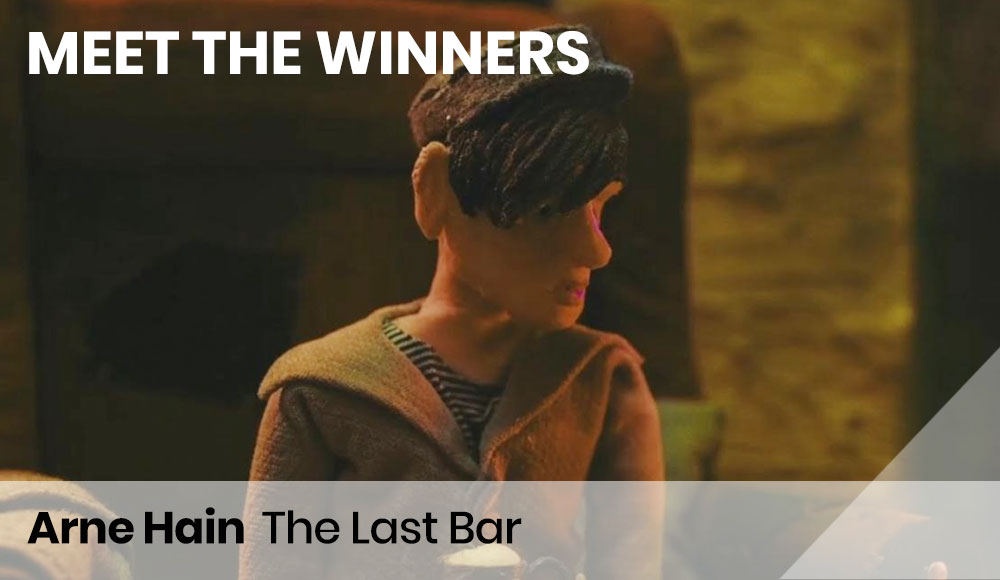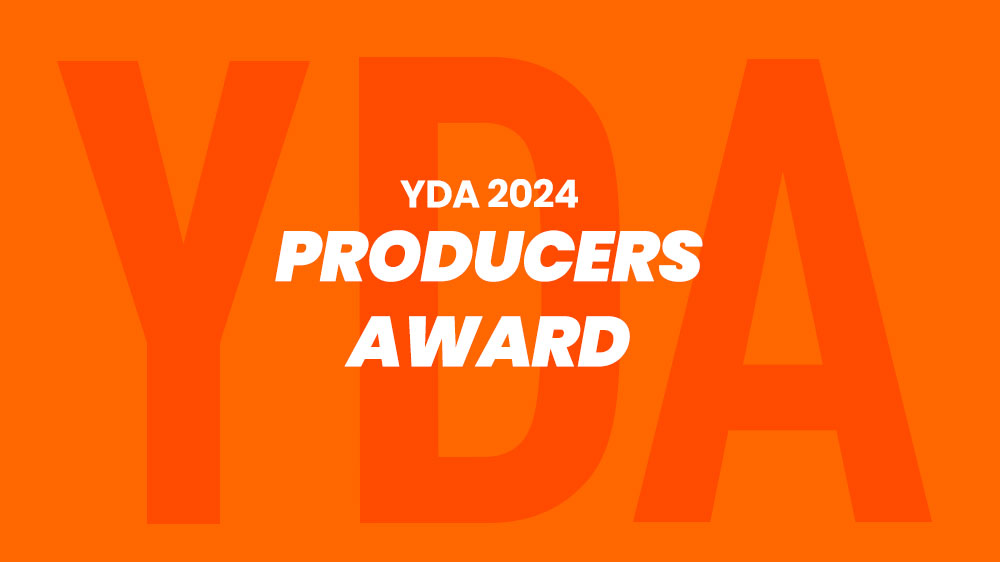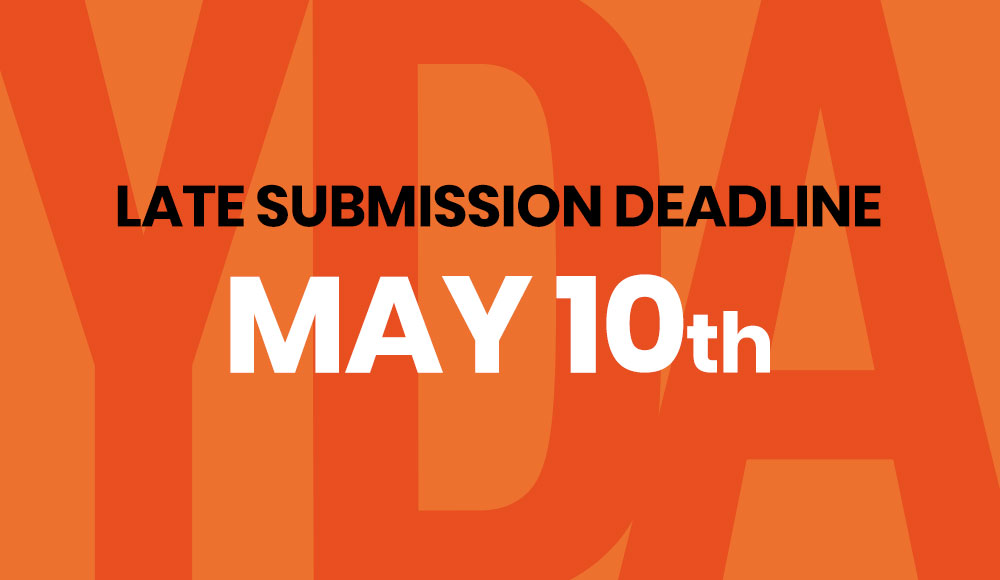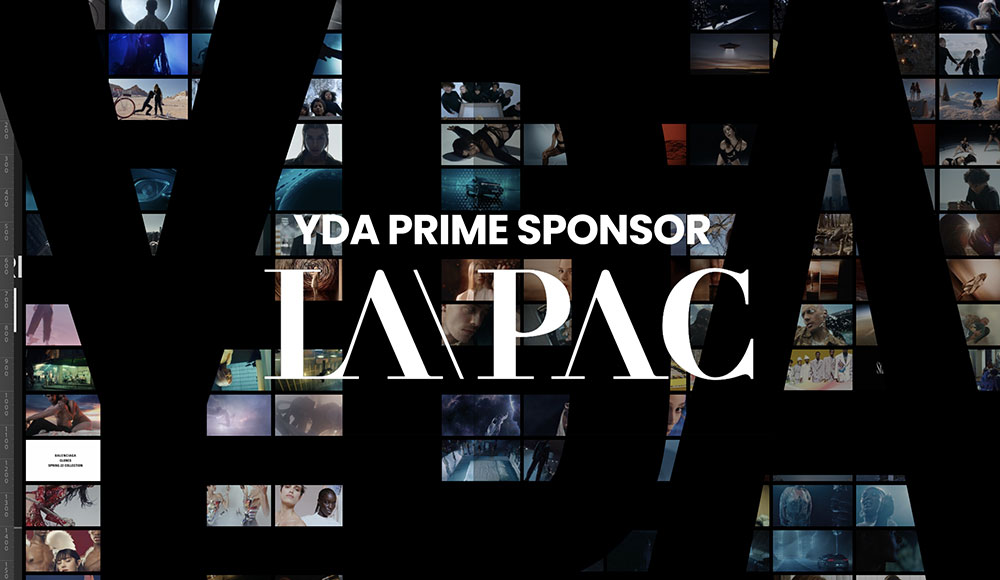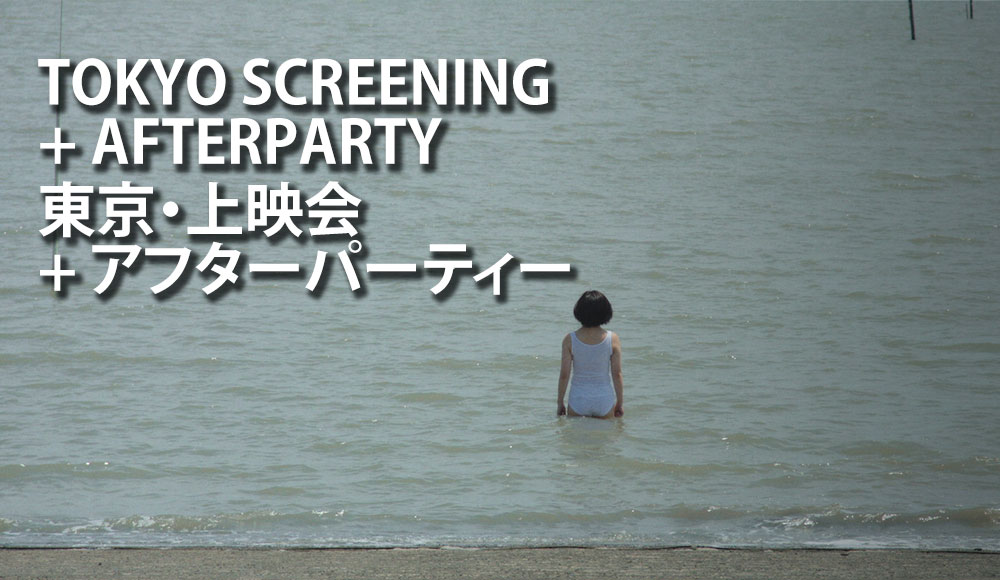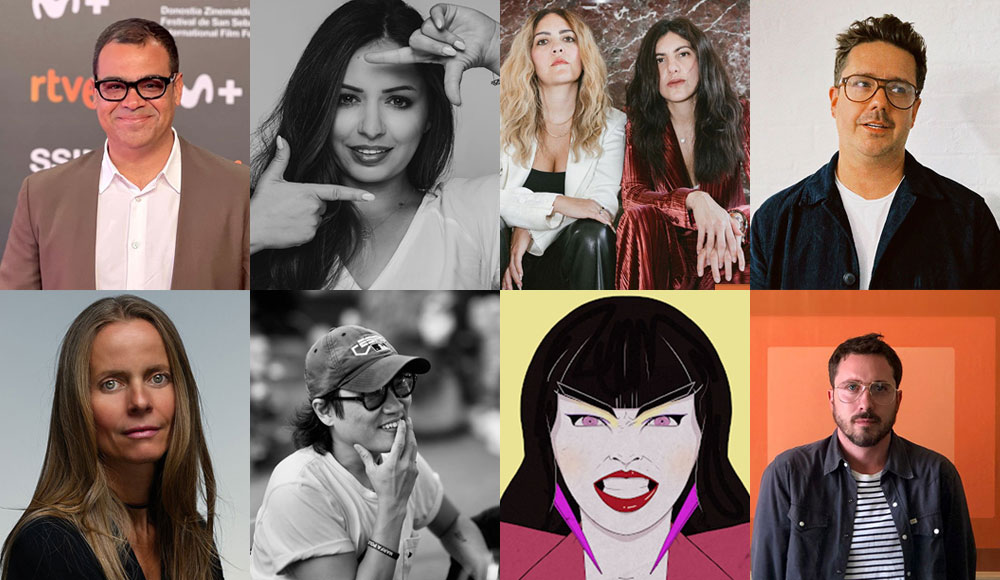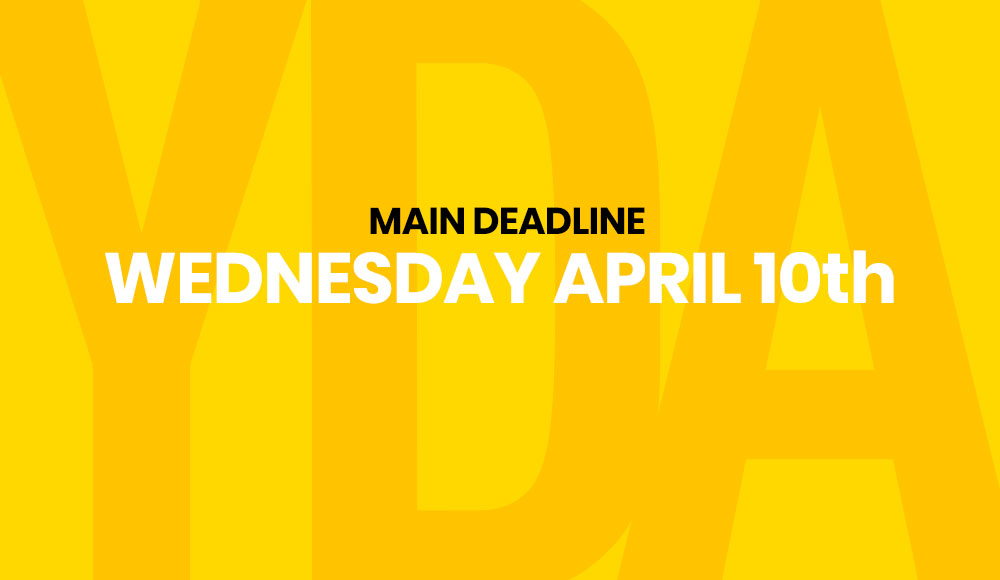Director or animator? That was the decision for Arne Hain. In the end, he realised he could do both and, here, this year’s YDA Gold Screen winner in the Animation category talks to shots’ Izzy Ashton about his film, The Last Bar, his love for stop-motion and the labour that goes into making it.
How and why did you get into directing, and did you always want to direct?
I started making films with my dad’s mini DV camera when I was eight-years-old. Initially it was my dad’s idea to shoot a pirate movie for my eighth birthday party and, after that first film, I was hooked. It just stuck with me, and I kept making films on my own, with my friends from school or stop-motion films with little clay figures. I just literally never stopped.
Of course, what inspired me to make those films, was watching other films. I was heavily inspired by the early Tim Burton films. As a kid I always wanted to imitate what fascinated me, and I would become quite obsessed with these stories and take them very seriously. After school I didn’t even question whether I should pursue film as a profession. I applied for directing at film school but, also, for animation, since I had been interested in both as a teenager.
The animation schools accepted me, but not those where I had applied for directing. So, I studied animation at Filmakademie Baden-Württemburg. That definitely changed my path. Of course, directing a professional film is not like making films as a kid. At film school I eventually learned what I was good at and I often questioned whether I should try to direct.
I also realised that I was quite a good animator, but I always turned back to directing. Even though it’s a tough job, and always takes a toll on me, people do tell me that I am good at it. Right now, I like to do both, to work as an animator and director, but I try to see these as separate crafts. One is like acting and the other like orchestrating. I couldn’t do just one thing.
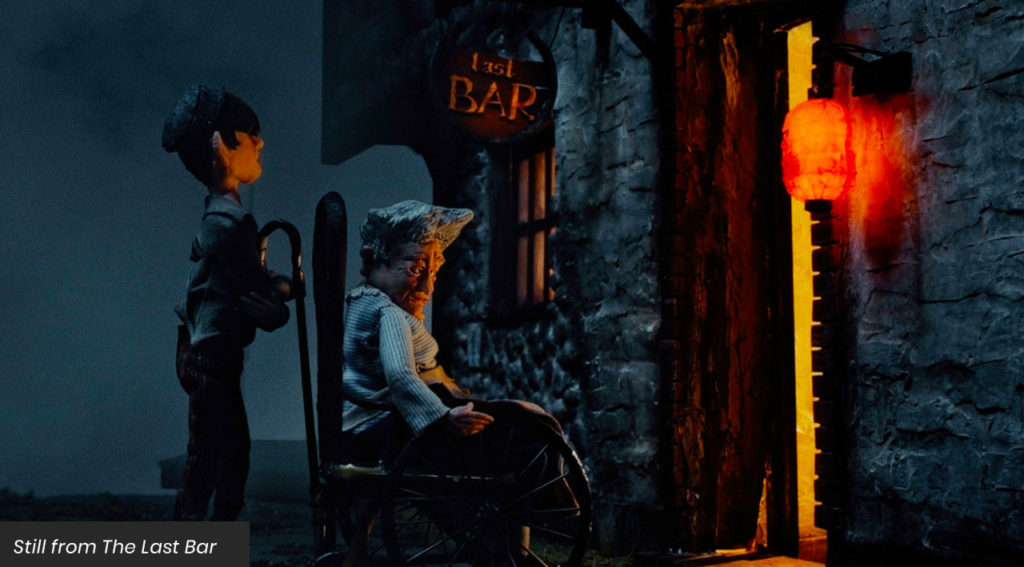
Is there one particular director or body of work you are continually inspired by?
As I mentioned earlier, I was very much inspired by Tim Burton’s work as a kid, and I still love his old films a lot. But, with time, I also discovered many other directors that really inspired me. For a while I was obsessed with the films of Jim Jarmusch and Wes Andersson. But, I have to say, I do not follow their current work as much. I am a huge fan of Ernst Lubitsch, Billy Wilder and Elia Kazan. They are the grandmasters of writing and directing to me. Juzo Itami is another one whose work I admire. But all of those are, of course, directors of the past. It’s hard to say which temporary director inspires me the most. I would have to do a list. It might start with people like Guillermo Del Toro and Spike Jonze. I’d say I’m rather eclectic.
What was the inspiration behind The Last Bar?
Really, The Last Bar found me. It was the last year of my studies at Filmakademie Baden-Württemberg and I had lost my sense in making films. It did not feel right to try to pull a story out of nowhere just to make a graduation film. I had told myself I would not make a movie unless it was bigger than my own ego. That’s when the producer, Louis Wick, talked to me about his idea of a bar on the edge of a cliff, and that really caught my interest.
Before I knew it, I was part of a writers room, together with Louise, Theresa Worm (writer), Torben Hensel (writer) and Svenja Weber (producer). Together we wrote the story for the film and it turned out to become quite personal and important to me. In the end our main character was very much inspired by a person from my life who also suffered from obsessive thoughts.
My whole reason to make the film became to understand where these thoughts came from and what they might mean. It also felt like an important topic to shed light on, like it made sense.
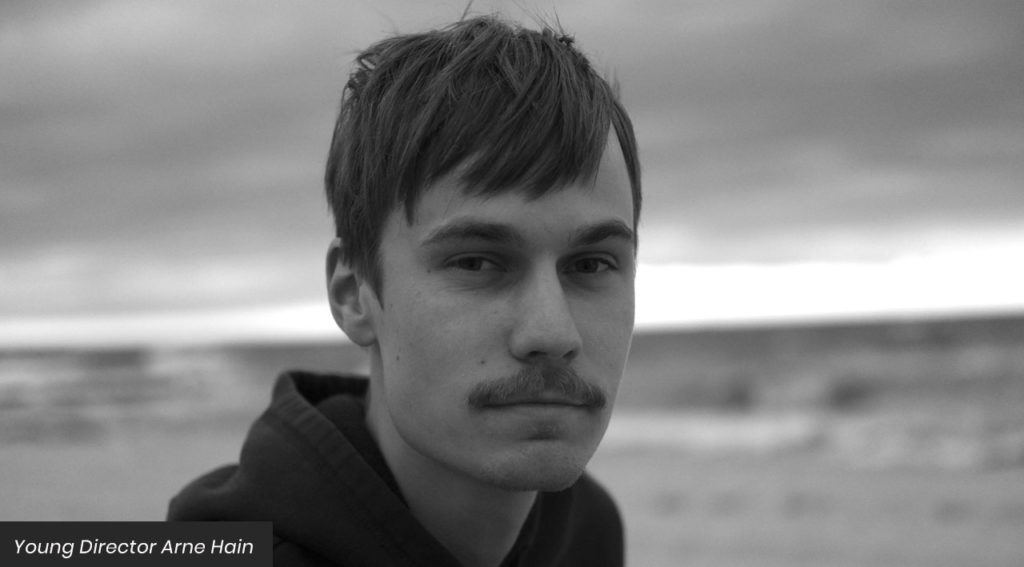
Could you tell me about the animation process and how you choose to animate this story?
I have made films using all kinds of techniques, but I always come back to stop-motion. It feels real and grounded, even though it might not always look real. I also like that it forces you to really focus on the storytelling, since it restricts you to its inherent possibilities. In animation we always start with an animatic, which is a cut version of the storyboard where I even do the voices myself. It’s all layout. Only after we cut everything together and have recorded the real voices do we animate.
The animation itself took us 22 weeks, with six animators working parallel on two sets. I would describe the process of stop-motion animation as a battle and calmness at the same time. A little like meditation. First, we do all the set dressing and preparation, the camera guys come in and do the lighting, I record reference videos, acting the shot to get a feeling for the timing and then it’s just me behind a black curtain, very concentrated, for days on end. I really like the process, but I am sure it would drive other people crazy.
Was it important to the narrative that the film was animated?
Not all stories are fit to be animated. In the case of The Last Bar, it was a deliberate choice to make a difficult topic more digestible for the audience. I think the film wouldn’t have worked if there wasn’t this artificial distance between the viewer and the story.
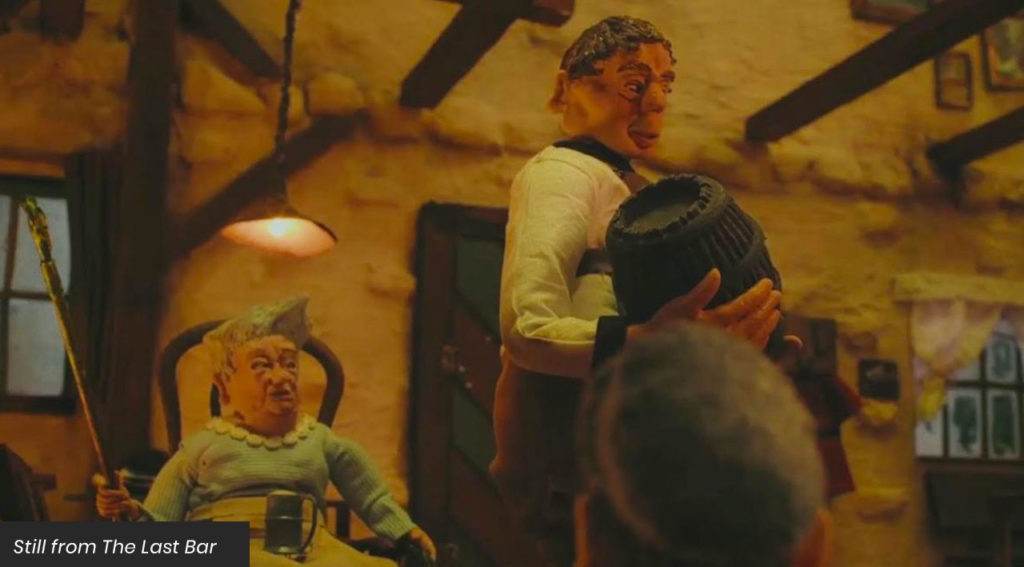
How long did it take you to make the film, and what was the most challenging aspect of its creation?
It took us about two years to complete the film, from writing to finish. The most difficult thing, besides the long animation period, was definitely finding a way to deal with the topic of the film in an appropriate way.
That was extremely important to me and I can only hope that we succeeded.
What do you feel you’ve learned from making this film? Is this a subject you’d like to explore or medium you’d like to use in future projects?
There are so many things I have learned on The Last Bar. It definitely was the longest production time, with the biggest team I have had so far. And I definitely learned where my boundaries are when it comes to workload. I almost slipped into a burnout during that time and only got out of it because I had a strong team that I could rely on.
What does it mean to you to win a YDA?
It’s a great sign of appreciation for my work. It confirms that I might have made some right decisions, which is nice. But I would say the award goes as much to the rest of the team, since they are the orchestra without whom, no film would exist.
What are you working on at the moment?
I’m sticking with stop-motion. At the moment I’m doing a lot of commercials to make a living. Besides that I am already preparing new projects. We have a concept for a series based on The Last Bar which we are trying to sell.
Together with my friend, Mona Keil, I am also trying to get a children’s mini series about plastic waste in the oceans financed, and I am writing a feature film for children. But those projects will take a while to get financed.
Interview by Izzy Ashton shots
